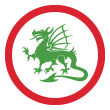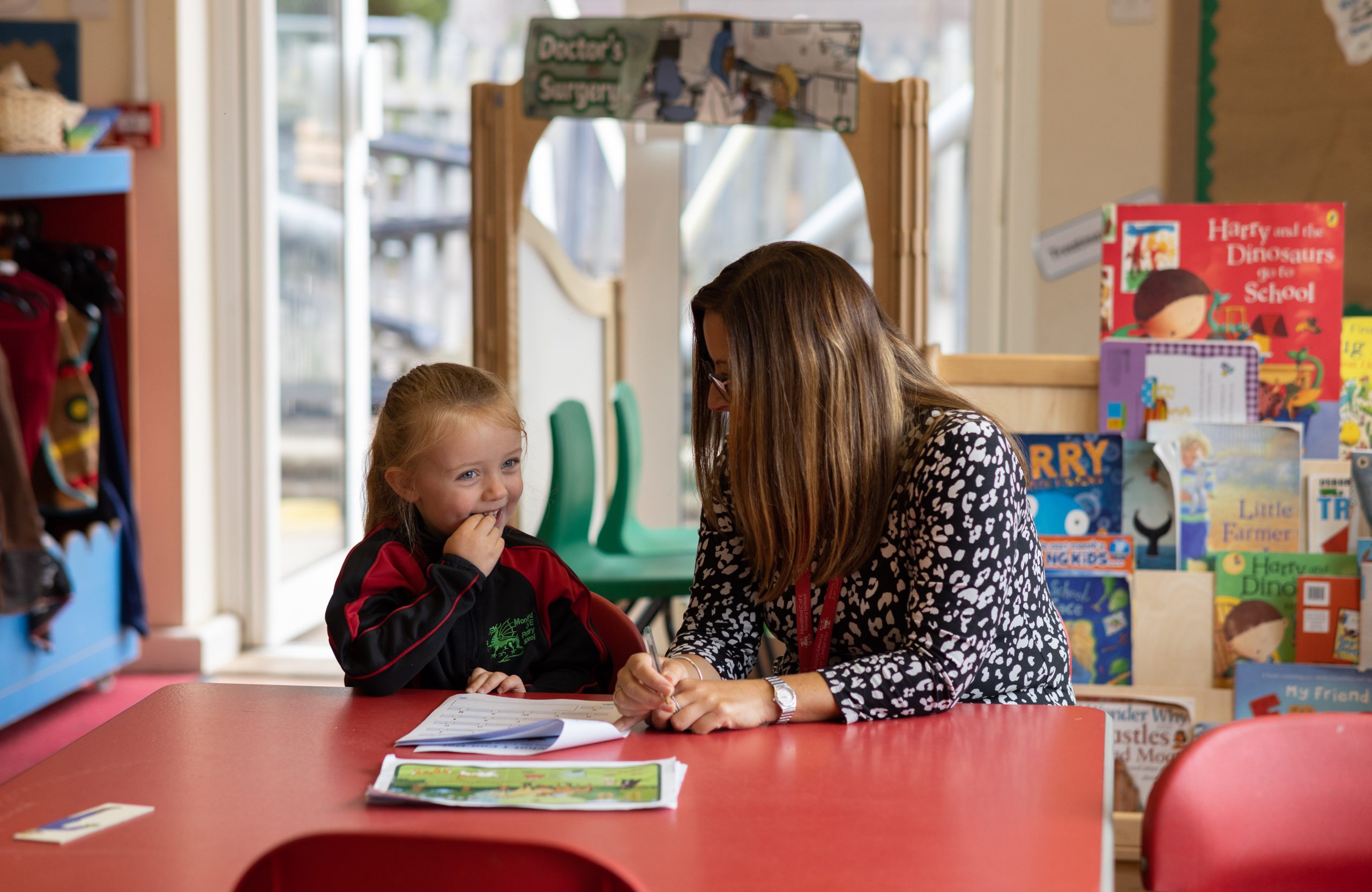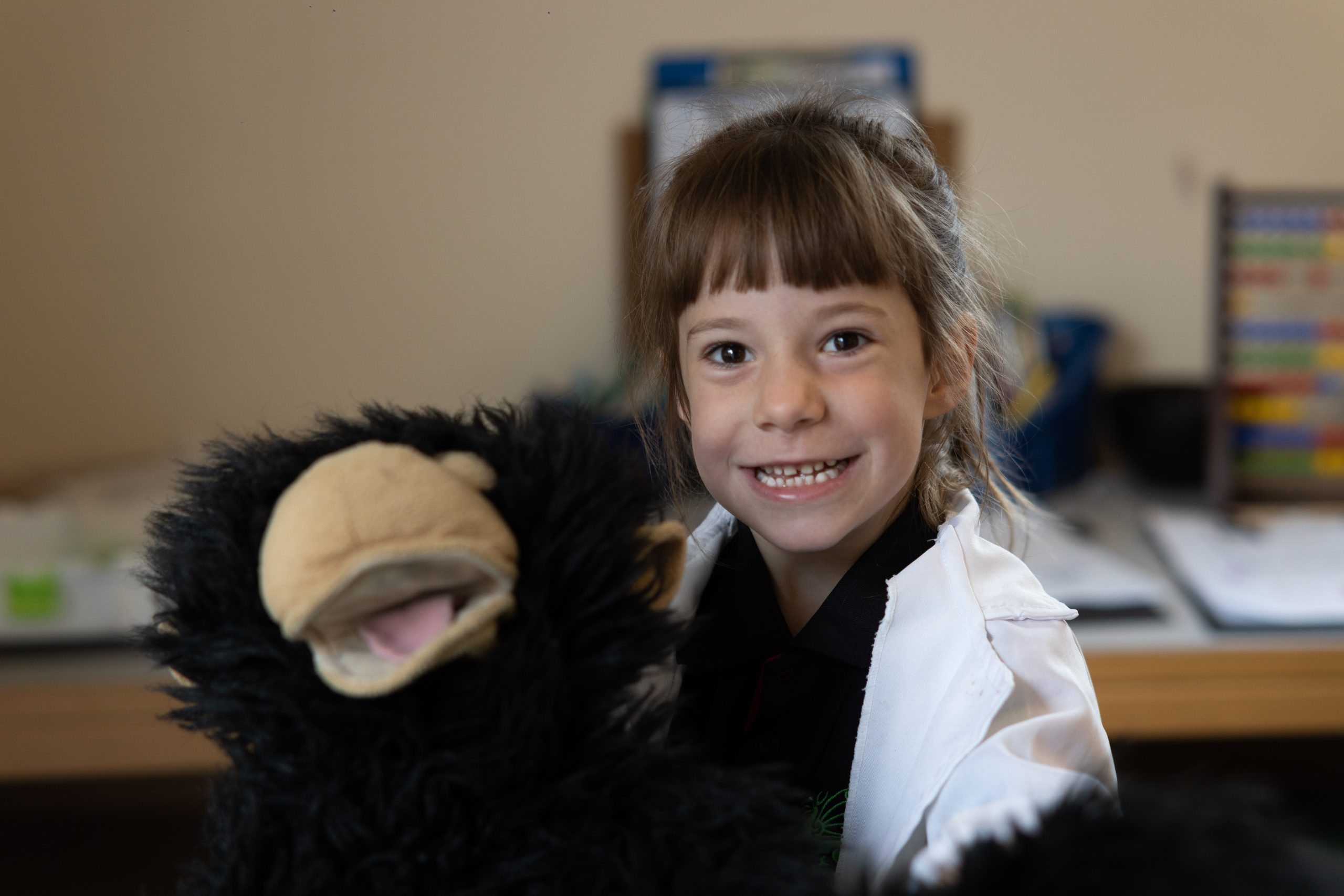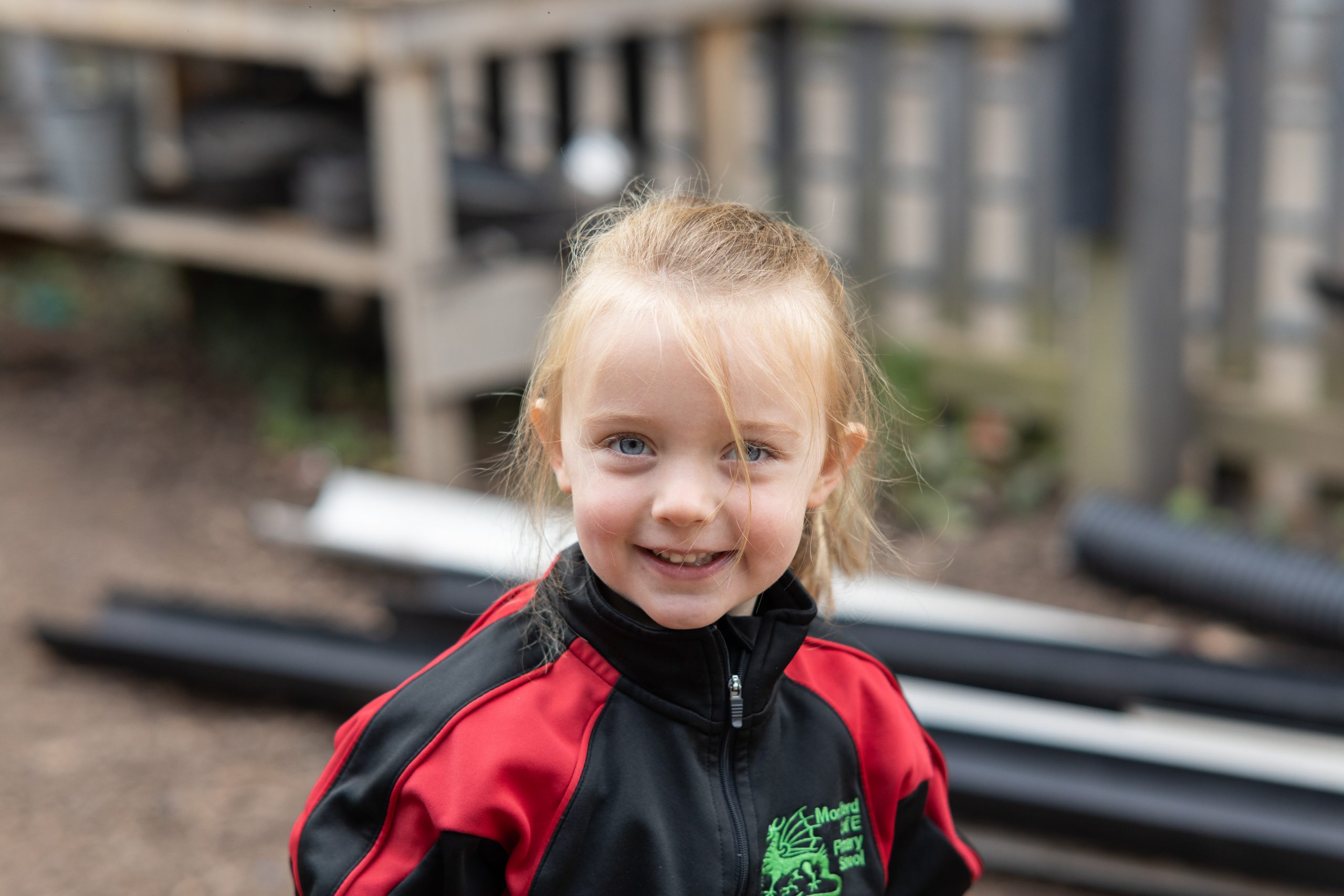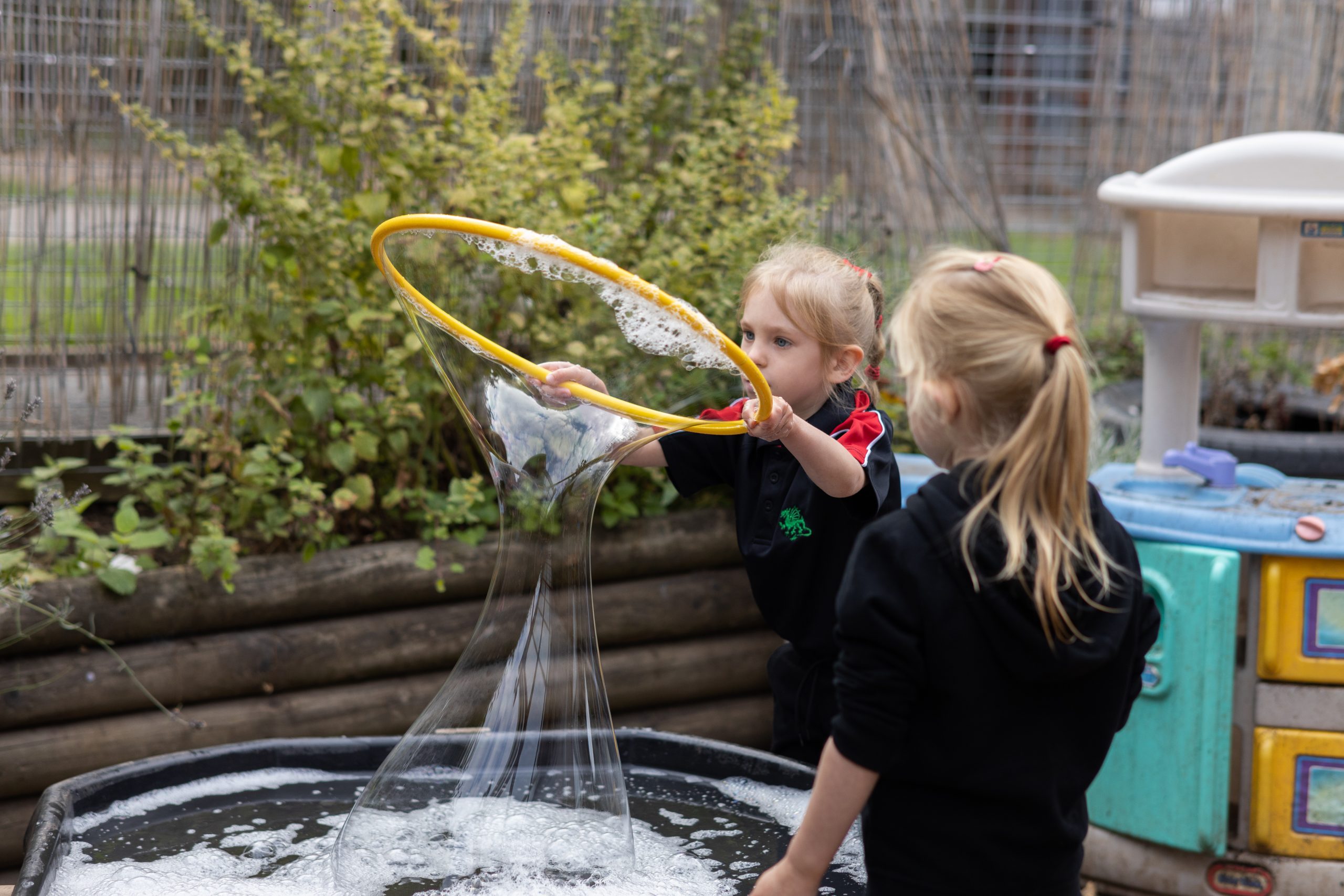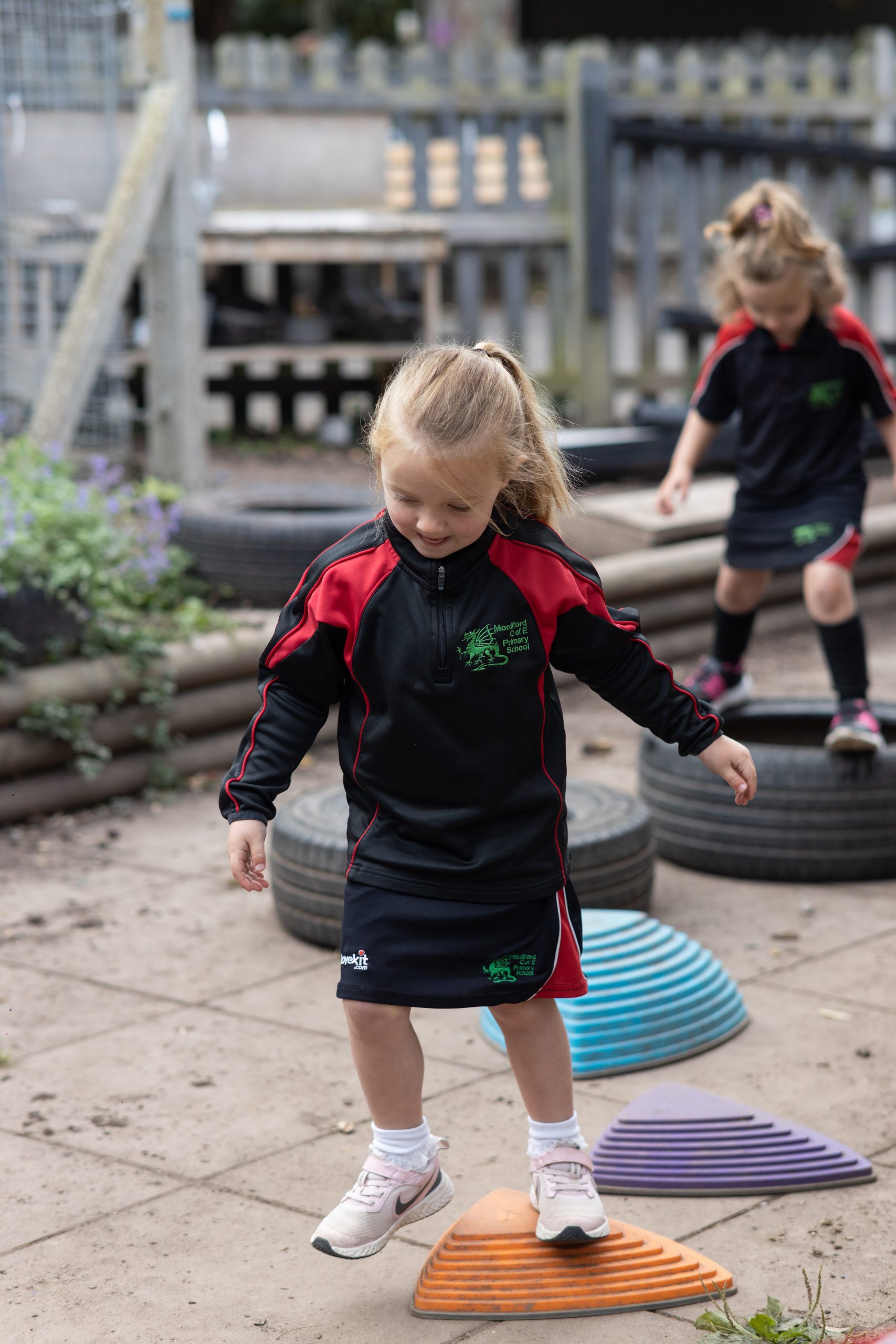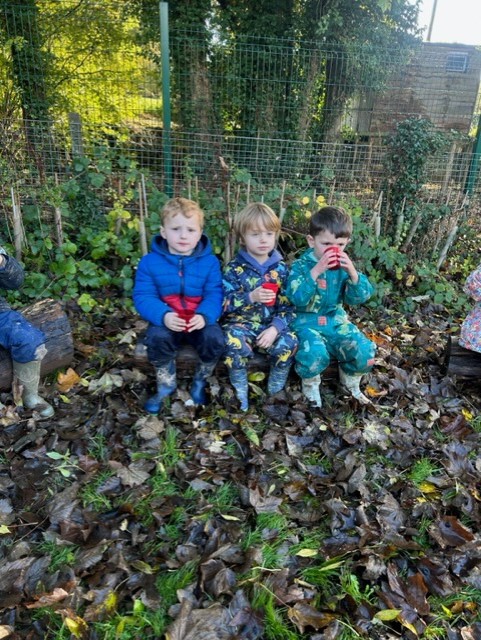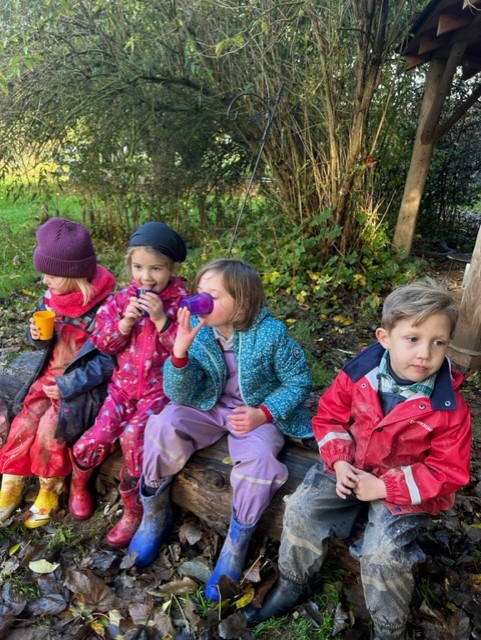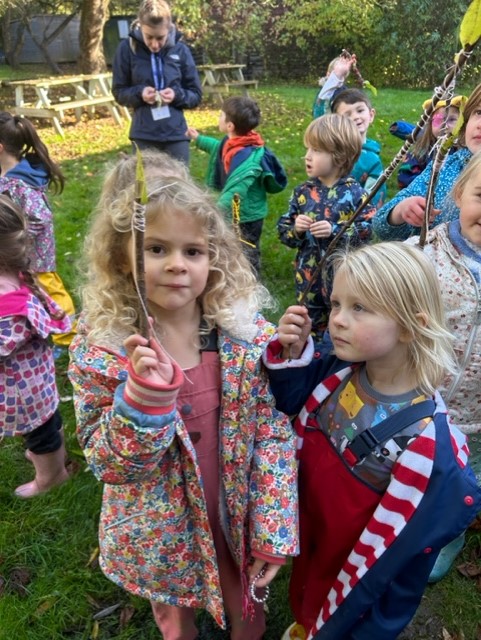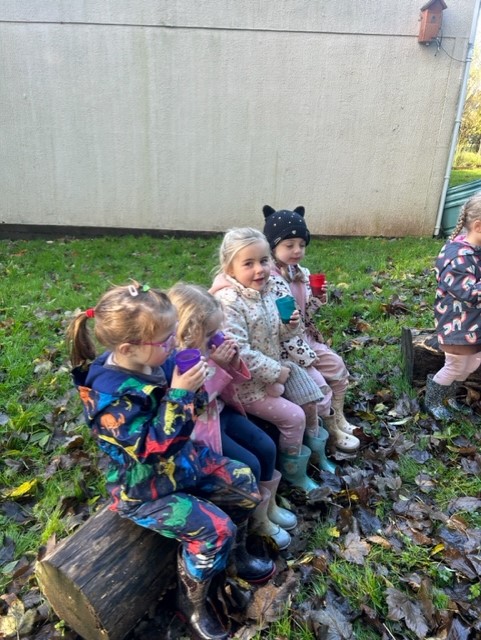Welcome to Lugg Class
EYFS Curriculum
In Lugg class we follow the statutory guidance for the EYFS and the Early Years Foundation Stage Profile is completed at the end of the reception year. Our curriculum is enhanced by the children’s ideas and interests in order to create inspiring and challenging learning opportunities.
The Golden threads of EYFS take the form of the Characteristics of Effective Learning which are demonstrated throughout all areas of the curriculum. The three Characteristics of Effective Learning (CoEL) are: Playing and exploring – children investigate and experience things, and “have a go.” Active learning – children concentrate and keep on trying if they encounter difficulties and enjoy achievements. Creating and thinking critically – children have and develop their own ideas, make links between ideas, and develop strategies for doing things.
In line with the rest of the school we also have some golden threads which flow through our curriculum content, these threads are: Environmental consciousness, international mindedness, Innovation & enterprise. These threads weave through many areas of the EYFS curriculum within the provision and focussed tasks.
The areas of learning in EYFS are:
Prime areas: Communication and Language, Personal social and emotional development, physical development.
Specific areas: Mathematics, Literacy, Understanding the world, Expressive arts and design.
Learning Environment and Routines
Our classroom is ‘zoned’ into a number of areas of continuous provision: we have a reading corner, writing area, investigation station, role play, creative area and various other areas of learning, as well as continuous access to our outside area. The children have autonomy to choose their areas of learning, these are enhanced with provocations (sometimes topic / subject based) which enhance and challenge the children’s learning. We value our play to learn structure but also have whole class, small group and individual focussed sessions to directly teach phonics, maths and topics.
Phonics/ Reading
In Phonics, we follow the Systematic Synthetic Phonics programme Bug Club. This is a government approved phonics programme that teaches the children in an engaging way to learn the sounds and alphabet names, then leading them to become confident readers. In addition, it is a digital learning space which contains e-books, quizzes and games to consolidate phonics and the children’s reading skills both at school and at home.
Mathematics
Our Maths learning in reception is based on the mastery approach. We follow the NCETM (National Centre for Excellence in the Teaching of Mathematics) along with the White Rose Maths scheme. These allow us to teach practical hands-on Maths, in focussed sessions and in continuous provision. By the end of EYFS we aim for the children to have a deep understanding of the numbers 1-10 including the composition of them. To automatically recall number bonds show an understanding of the relationship and patterns within numbers as well as comparing quantities, and exploring and representing patterns along with other maths skills.
Topic
Our topic for this half term is ‘Terrific tales’ and nursery rhymes. We will be joining in with World Nursery rhyme week, learning lots of new rhymes and ‘unpicking them.’ We will also be looking at traditional tales and understanding the structure of these. We will use these tales as a basis for our ‘Talk for writing.’ We will imitate them through retelling stories and inventing our own.
We will incorporate our topic into many areas of our curriculum and will read stories, produce artwork and creations, learn stories and songs, and produce some writing about what we have read.
Personal social and emotional development
We will concentrate on developing many of the children’s personal and social skills. We will encourage speaking and listening and build confidence through talking in small groups, whole class discussions and talking to friends. We will encourage the children to identify and share their own needs and wants and develop the children’s ability to communicate and learn about their own homes and communities. As well as raising awareness about a range of different appearances cultures and beliefs.
Physical development
Physical development plays a large part in all we do in reception. We spend time developing fine and gross motor skills through yoga, cutting, drawing and painting and various play-based learning. The biggest focus will be on shoulder and finger strength and dexterity to enable the children to all develop the tripod grip for writing.
Here is a useful video for you about pencil grip: https://www.theschoolrun.com/video-pencil-grasp-development
We look forward to all the fun and learning adventures we are going to have in Lugg Class this year. Please feel free to ask about anything you are unsure of, we also love to receive photos, news from home of there is anything the children would like to share in class.
Forest School
Forest School
We will continue to either go for a local walk or visit forest school every Friday. This is an integral part of our curriculum and has many benefits for the children. They are constantly learning and practising their skills, it improves their physical and emotional wellbeing and ignites the children’s passion for the environment.
We teach the children to care and understand nature, to work within nature to create narratives, art and take some of the learning back into the classroom. Other benefits include:
- self-awareness
- motivation
- empathy
- social skills
- communication skills
- independence
- self-esteem and confidence
- physical skills including the development of both gross and fine motor skills
- problem solving and risk taking
- resilience
- concentration
- knowledge and understanding of the world around them.
Our Teachers

Mrs Marriott-Smith
Teacher
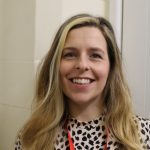
Mrs Amos
Teaching Assistant
Things To Remember
Tuesdays: The children will be doing PE and will need to come to school in their PE kits.
Fridays: Forest School. Please can the children come to school in appropriate for being outdoors whatever the weather. Getting muddy is a distinct possibility!
